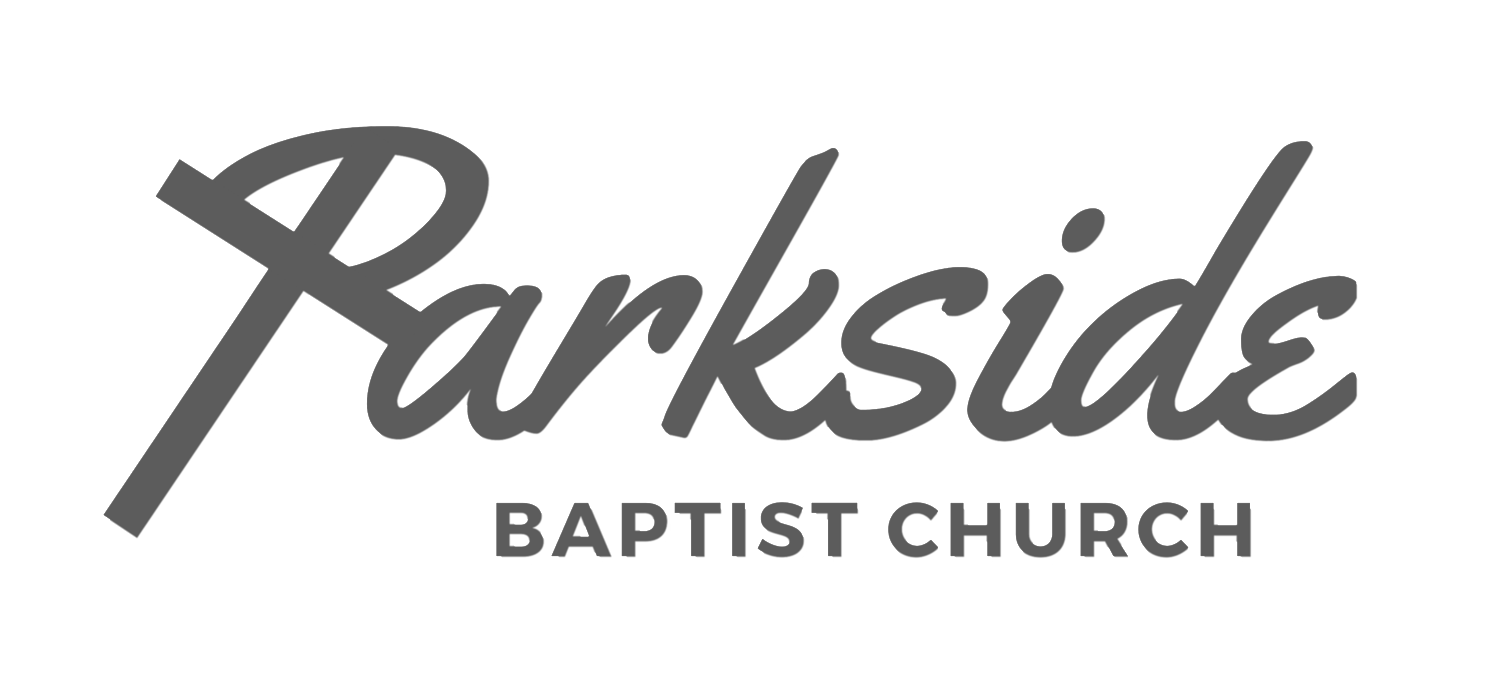Proverbs 23:26 – My son/daughter, give me your heart and let your eyes keep to my ways.
I read this verse during my nightly devotions this week and it has sat with me all week as I have pondered what it means for me to give God my heart. The surrounding context of the verse is a warning against prostitutes and adultery so it is quite an intimate call from God. What does it mean to give God my heart? We all “give ourselves” or our hearts to something or someone, whether it be work, money, possessions, fame, or a person. Our heart is ours to give away and we get free choice in who or what we give it to. If you don’t know what you have given your heart to, maybe ask someone who knows you best what they see, if you have the courage.
Life without someone or something to give us meaning is empty and we all seek to find meaning and pleasure. We are wired for intimacy and purpose because we are formed in the image of God. Yet so much of what we seek and so much of what our culture puts up as meaningful and desirable can in the end turn into empty wells that run dry when tough seasons come, leaving us parched and thirsty.
Our eyes are ever roaming and looking for new horizons or new “loves” or things that we desire or covet or are attracted to. God calls us as his beloved children to give our hearts fully to him; for our eyes to be focused on his ways rather than roaming in endless search of meaning and satisfaction. The woman at the well was thirsty, she was sick of having to come daily to collect water. Yet Jesus knew of her deeper thirst and her heart that she had given to many men in seeking to quench her thirst for intimacy. He quickly got to the heart of the issue and invited her into relationship with himself – the living God who could truly satisfy her deepest needs and rest her roaming eyes.
So how do I give God my heart? Well I daily make the choice to spend time with him, to reflect on him, to think about who I am in him and what my purpose and future is. I choose to focus on his ways rather than on chasing my covetous dreams and the “shiny” things my eyes are so easily turned to. I choose to spend time in his presence rather than run around madly all day, even if it is only moments here and there. Those moments anchor me in the busyness of my diary and deadlines, and bring my wandering eyes back to Jesus.
Grace and Peace - Garry












